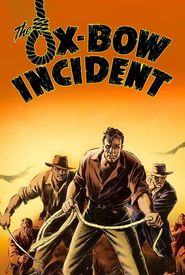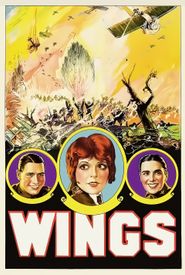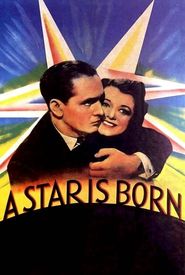William Wellman, the renowned screenwriter-director, was affectionately known as "Wild Bill" due to his larger-than-life personality and lifestyle. Born on February 29, 1896, in Brookline, Massachusetts, Wellman was the great-great-great-grandson of Francis Lewis, one of the signers of the Declaration of Independence.
Wellman's early life was marked by a rebellious streak, as he was kicked out of school at 17 for hitting his principal on the head with a stink bomb. He tried various careers, including candy sales, cotton sales, and lumber work, but failed. He eventually found success as a professional ice hockey player in Massachusetts, where he was discovered by actor Douglas Fairbanks, who saw potential in the young man.
Wellman's service in World War I as an aviator earned him the nickname "Wild Bill," due to his daredevil style in the air. He was shot down and injured, but survived and went on to join the US Army Air Corps, where he was commissioned as an officer and taught combat fighting tactics to new pilots.
After the war, Wellman returned to Hollywood, where Fairbanks helped him break into the film industry. Wellman began as an actor, but soon turned to directing, making his debut with the 1920 film "Twins of Suffering Creek." He worked his way up the ranks, directing B-Westerns and eventually earning his first directing credit with the 1923 film "Second Hand Love."
Wellman's big break came with the 1927 film "Wings," a World War I flying epic that won the first Academy Award for Best Picture. He went on to direct a string of successful films, including "The Legion of the Condemned," "The Public Enemy," and "Wild Boys of the Road."
Wellman's reputation as a demanding and bullying director earned him a reputation for being difficult to work with. However, he was also known for his innovative storytelling and use of music in his films. He won the Academy Award for Best Original Story for the 1937 film "A Star Is Born" and was nominated for three other Oscars throughout his career.
Wellman continued to direct films throughout the 1940s and 1950s, including "The Ox-Bow Incident," "Story of G.I. Joe," and "Battleground." He retired from directing in 1958, reportedly due to his disgust with the post-production tampering of his final film, "Lafayette Escadrille."
Wellman died in 1975, but his legacy as a pioneering director and storyteller continues to be celebrated.


















































































